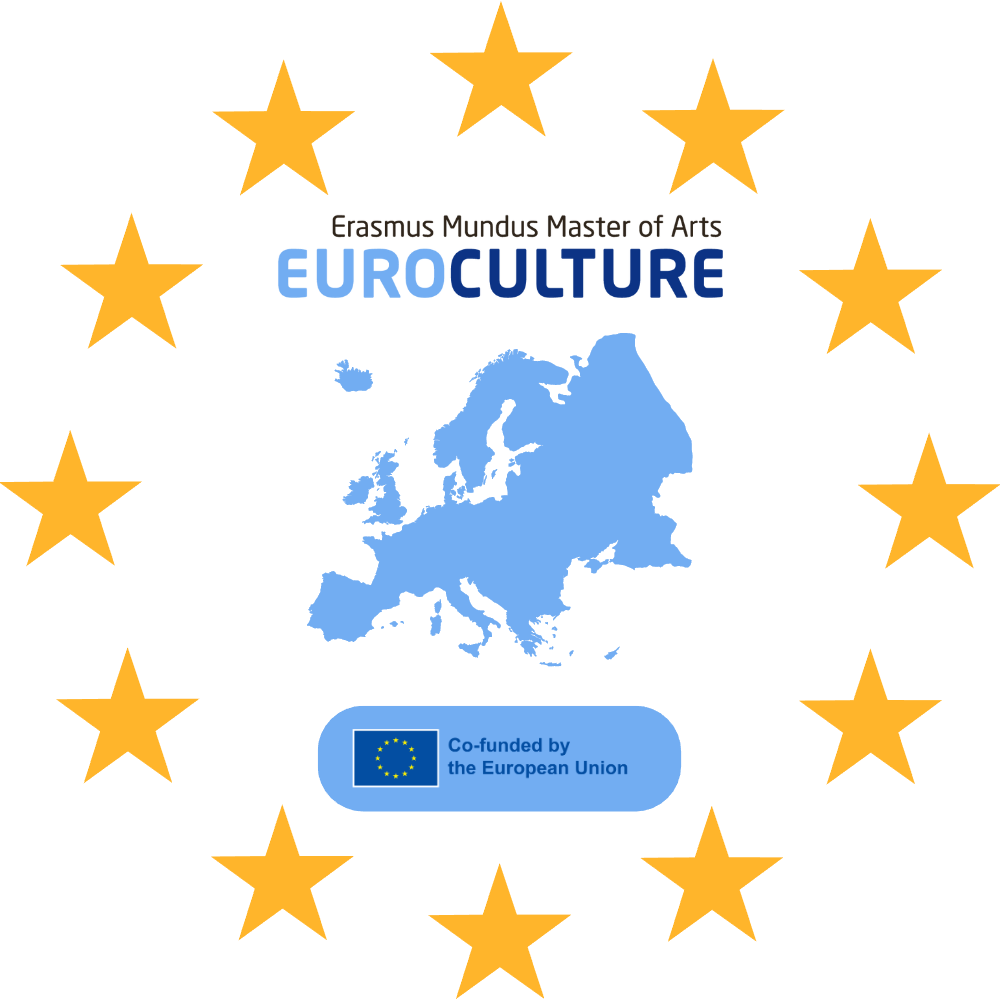
Subtheme 1
Connectivity: Politics and Institutions
To explore connectivity through politics and institutions is to ask how Europe’s political project can be sustained, renewed, and reimagined amid the disconnections of our age. Connectivity is not only about infrastructures or networks, but about the ways in which relations—between states, citizens, and the wider world—are made, governed, and imagined. In the European Union, these relations have long been mediated through institutions that both connect and separate: through treaties, borders, bureaucracies, and public narratives. As recent scholarship reminds us, European integration is not a linear process of ever-closer union, but a contested practice of ordering (Börzel & Risse 2018; Rosamond 2020; Adler-Nissen 2024). The question today is how connectivity can be rethought politically, so that Europe’s institutions become not only guardians of rules but laboratories for re-negotiating solidarity and global responsibility.
Over the past decade, the EU has sought to redefine itself as a geopolitical union. The 2016 Global Strategy and the rhetoric of “strategic autonomy” (Tocci 2021; Biscop 2022) signal a desire to act as a coherent power in a world of renewed rivalries. Yet this turn exposes a long-standing tension between the EU’s geopolitical ambitions and its claim to be a normative actor. Can Europe assert itself as a geopolitical subject without reproducing the very hierarchies and exclusions it once sought to transcend? This unresolved question touches the heart of Europe’s institutional imagination: how can power and principle be reconnected under conditions of crisis, fragmentation, and interdependence?
Connectivity thus becomes a lens through which to revisit Europe’s multiple pasts and imagined futures. The EU’s institutions emerged from competing visions—technocratic, federal, social, post-national—and each carried its own geography of inclusion and exclusion. Critical work in EU studies (Nicolaïdis 2013; Manners & Murray 2016) has shown that these imaginaries continue to shape who speaks for “Europe” and who remains peripheral. Students are encouraged to engage with this intellectual history and to trace how alternative or forgotten “Europes” might inform present debates—from the social Europe of the 1970s to postcolonial or decolonial visions that question the Eurocentric foundations of integration (Bhambra 2009; Lecocq & Keukeleire 2023).
Practically, this sub-theme invites participants to explore and rehearse new forms of political and institutional connectivity, by asking questions such as: What would Europe look like if democratic participation were organised across issues rather than territories? What alliances could emerge from digital activism, civic assemblies, or regional partnerships that bypass state hierarchies? How might EU institutions embody forms of care and relationality that move beyond market and security logics?
Students might draw inspiration from experiments such as the Conference on the Future of Europe, transnational party networks, or climate-justice coalitions, using these as points of departure for speculative designs and analytical inquiry.
By approaching connectivity as both a political and imaginative practice, this sub-theme positions Europe not as a finished order but as a project in rehearsal. Participants are encouraged to combine theoretical reflection with creative speculation—to question inherited scripts of governance and to propose new architectures of connection that could sustain Europe’s plural futures.
Reading list for subtheme 1
Beck, Ulrich and Edgar Grande (2007). “Cosmpolitanism: Europe’s Way Out of Crisis.” European Journal of Social Theory 10, no. 1: 67-85
David, Maxine; Garcia, Maria; Haastrup, Toni and Frank Mattheis (2023). “Disrupting and Re-Imagining European Studies: Towards a More Diverse and Inclusive Discipline.” Journal of Contemporary European Research 19, no. 2: 151-162
Lecocq, Sharon and Stephen Keukeleire (2023). “Critical and Problem-Solving Perspectives on Decentring EU External Action Studies.” Journal of Contemporary European Research 19, no. 2: 164-180
Nicolaïdis, Kalypso (2013). “European Demoicracy and Its Crisis.” Journal of Common Market Studies 51, no. 2: 351-369
Rumford, Chris (2008). “Introduction: Citizens and Borderwork in Europe.” Space and Polity 12, no. 1: 1-12.




